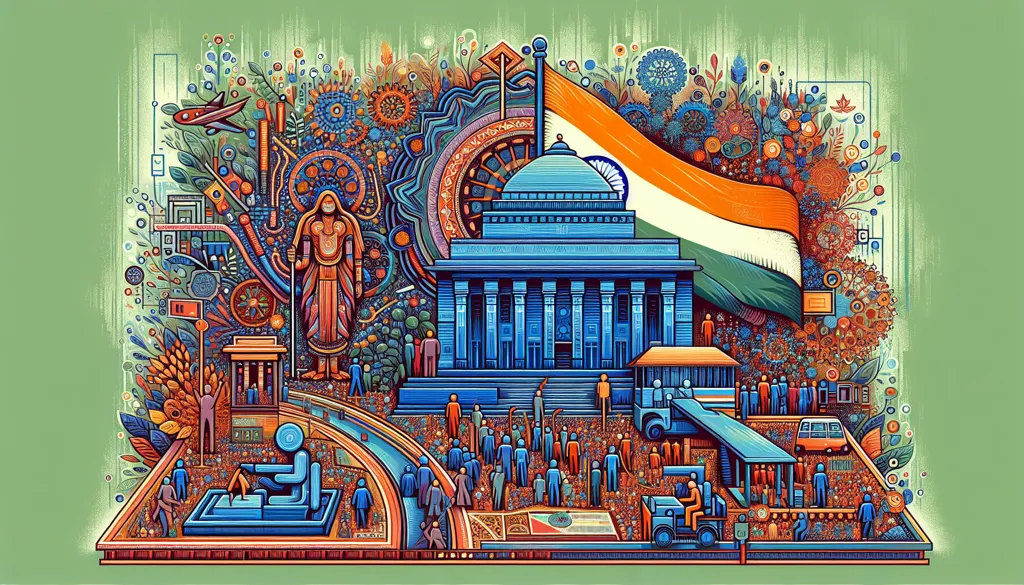The Intersection of Examination Preparation and Current Affairs: Insights for UPSC Aspirants
The UPSC Civil Services Examination (CSE) is one of the most prestigious exams in India, attracting thousands of aspirants each year. To excel in this exam, candidates must stay informed about a wide range of topics, including current events, historical developments, and socio-political issues. This article delves into the relevance of various current affairs topics for UPSC aspirants, including geopolitical issues, economic policies, and social dynamics, drawing insights from recent developments and their implications for the exam.
Importance of Current Affairs in UPSC Preparation
Current affairs form a crucial component of both the Preliminary and Mains stages of the UPSC CSE. They not only test a candidate's awareness of the world but also their ability to analyze and interpret information critically. Recent developments such as the geopolitical significance of Syria in the Middle East, economic challenges in neighboring countries, and domestic socio-political issues are all pertinent topics for aspirants. Understanding these topics helps candidates develop a nuanced perspective, essential for answering analytical questions in the exam.
Geopolitical Dynamics: Syria and the Middle East
The geopolitical significance of Syria in the Middle East has been a topic of interest for many years. The ongoing conflict in Syria, influenced by regional and global powers, is a case study in international relations and foreign policy. Aspirants should be aware of the role of regional actors, the influence of global powers, and the implications of the Syrian conflict on global security. Such knowledge is crucial for tackling questions related to international relations and India's foreign policy in the UPSC exam.
Economic Challenges and International Relations: The Case of Pakistan
Pakistan's economic crisis and its reliance on International Monetary Fund (IMF) bailouts present another critical area of study. Aspirants need to understand the implications of these economic challenges on regional stability and bilateral relations, particularly with India. The economic policies, reforms, and the role of international organizations like the IMF are significant for questions related to economic development and international diplomacy.
Domestic Issues: Social and Economic Policies
Domestically, India faces various socio-economic challenges, including employment, healthcare, and social justice. The implementation of policies such as the Ayushman Bharat scheme for healthcare and initiatives for women's safety and empowerment are relevant topics. Understanding these policies, their impacts, and challenges is crucial for General Studies papers, especially those focusing on social issues and governance.
Environmental Concerns: Climate Change and Natural Disasters
Environmental issues, such as the impact of climate change and the management of natural disasters, are increasingly important in the UPSC syllabus. Recent events, like wildfires in California driven by 'Santa Ana' winds, highlight the intersection of climate science and policy. Aspirants should be equipped with knowledge about environmental policies, their implementation, and global efforts like the Paris Agreement to address climate change.
Conclusion: Integrating Knowledge for UPSC Success
Success in the UPSC CSE requires more than rote learning; it demands a comprehensive understanding of current affairs and their broader implications. By staying informed about global and domestic issues, aspirants can develop the analytical skills necessary to excel in the exam. This holistic approach not only prepares candidates for the immediate challenge of the UPSC but also equips them with the knowledge to serve effectively in the civil services.

